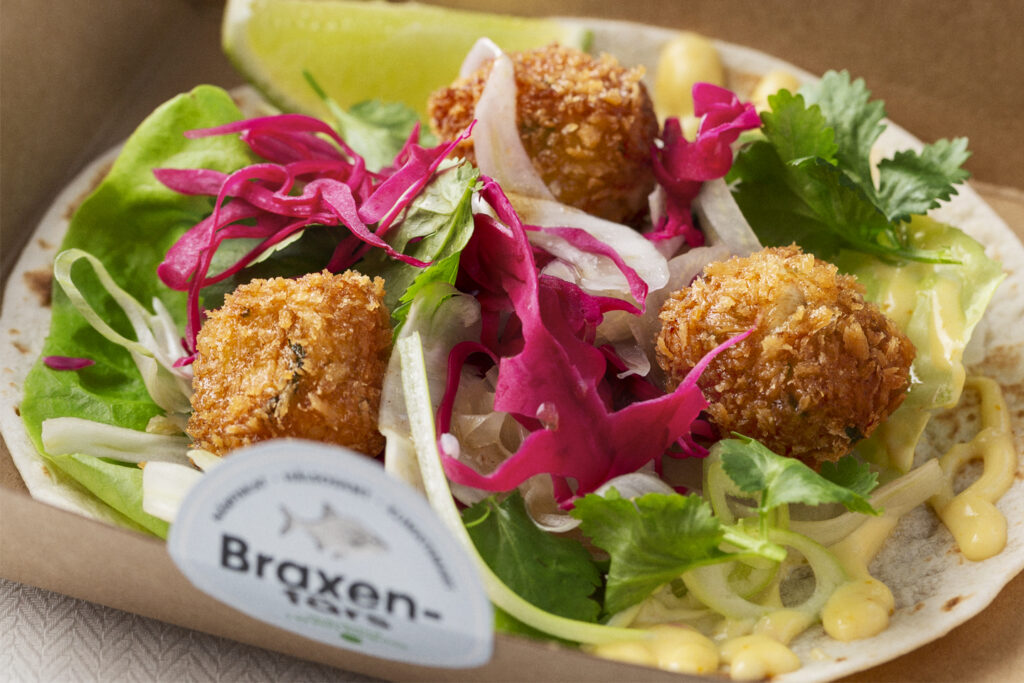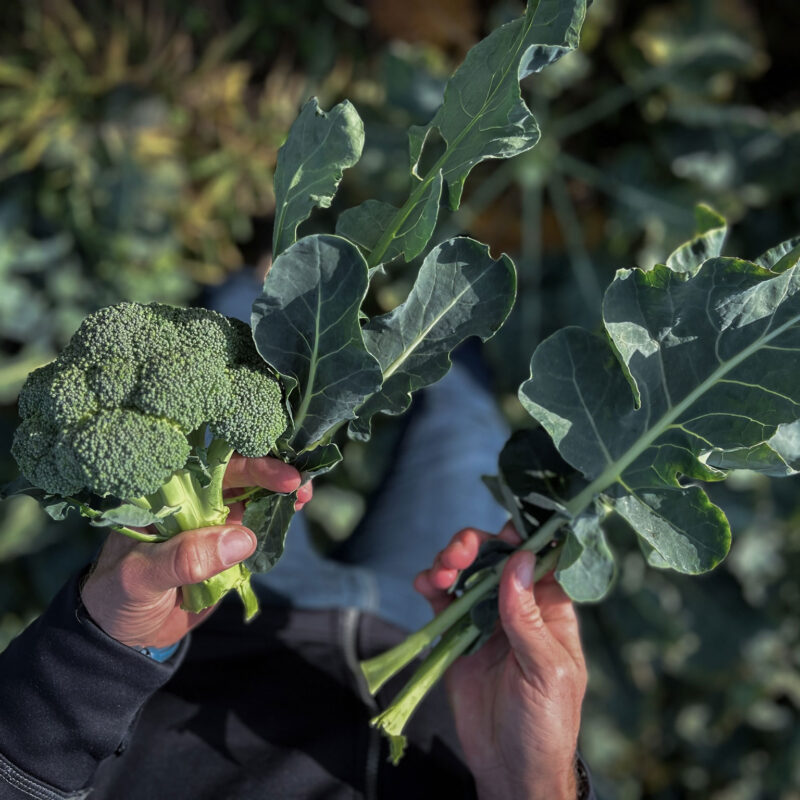Locally produced minced bream – a success story that is now ready to be scaled up
2021.05.18
When Axfoundation and the County Administrative Board in Stockholm initiated he Resource fish (Resursfisk) project in the beginning of 2019, it was done with a clear mission: To create a sustainable, tasty, cost efficient and locally produced fish product based on the bycatch of the professional Swedish freshwater fishing industry. After two years of intense project work with several partners, the project is now coming to an end. The result: A locally produced minced bream product based on fish from the lakes Mälaren and Vänern. And the sustainably fished bream has been given the green light by WWF.
“70% of the fish that we consume in Sweden in imported from other countries. The ambition of the Resource fish project is to meet the demand for Swedish sustainably produced fish, with a locally produced and tasty product. During the project we have collaborated with partners from all parts of the value chain, and we have shown that it is possible to create cost efficient logistics and production as well as attractive products based on locally sourced fish. The fishing of bream also strengthens the Swedish freshwater fishing industry.” – Madeleine Linins Mörner, Program Director Future food, Axfoundation
The bream, a bycatch to the pikeperch fishing, has up until recently not been considered commercially viable in Sweden. At the same time Sweden imports large quantities of seafood– in spite of a large supply, and demand for locally captured fish. Now, the bream, instead of being thrown back into the water, is caught and made into a sought-after food product. The fish is transported in the logistics chain already in place for the pikeperch fishing and the minced bream product is produced in a new production facility in Stockholm that is owned by the freshwater fish industry (Svenska Insjöfiskarenas Centralförbund).

The minced bream, a proof of concept
To develop a new product based on a new kind of resource takes time, collaboration and effort. The project work has spanned from initiating an estimate of the population of underutilized fish species in lake Mälaren and Vänern to a large evaluation of toxins in the fish meat to secure the suitability for the minced bream as food for humans. The project team has visited several production facilities to evaluate different production options as well as cooked, served and tested the taste and texture of the minced bream in school canteens in Södertälje and with other potential buyers. Together with the team of chefs at Urban Deli, the project also developed recipes suited for the both the public sector and restaurants.
Axfoundation hopes that the results from the Resource fish project and the production of the minced bream product can inspire other organisations and/or companies as a proof of concept to continue the development of sustainable seafood products. Axfoundation has shown that through collaboration throughout the value chain and with a large dose of stubborn determination, it is possible to develop new products based on local sustainably sourced fish, that works in the Swedish market.

”Axfoundation’s unique strength lies in our ability to gather representatives from the different parts of the value chain and identify the challenges, develop a practical, scalable solution and show that the business model works in practice. Now that we have created a proof of concept, we are eager to see what other organisation will continue to scale and further develop products based on our results. We would love to see new initiatives based on the results of the Resource fish project. For example, there is a large potential to work with the vendace from Vänern and Bottenviken, where we are currently only using the roe for human consumption, the round goby in the Baltic sea as well as the burbot in our lakes.” – Maria Smith, Secretary General, Axfoundation
The locally produced minced bream is now available through Martin & Servera and Menigo and is currently served in both in the public sector and restaurants.
The project was initiated and run by Axfoundation and the County Administrative Board in Stockholm together with Stockholms Fiskauktion, Svenska Insjöfiskarenas Centralförbund, Matlust i Södertälje, Fiskhallen Sorunda and Eldrimner.





































